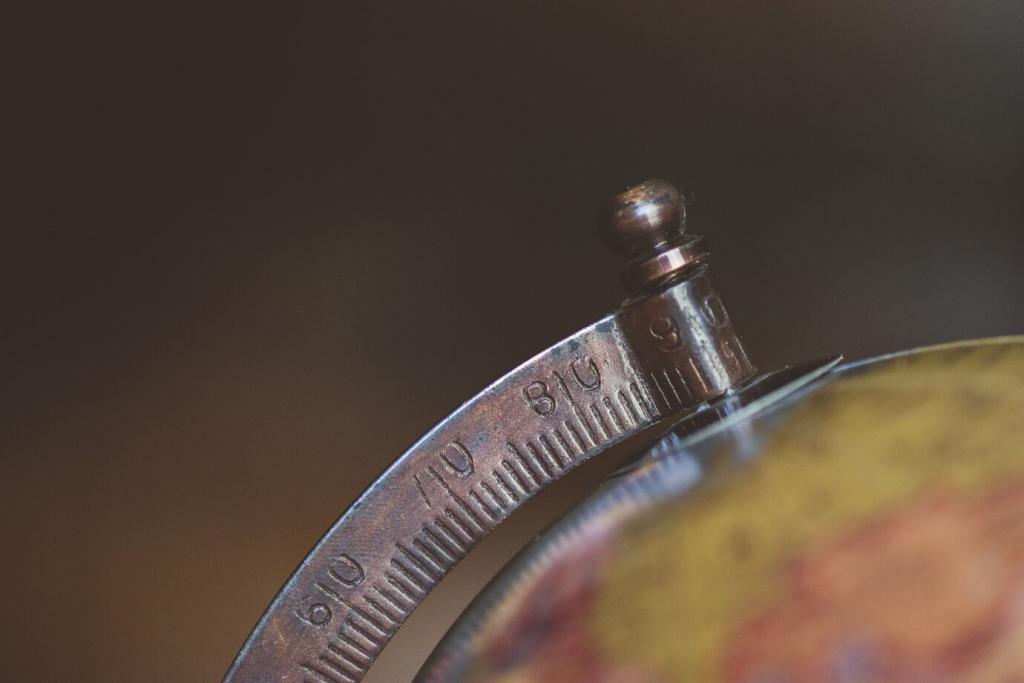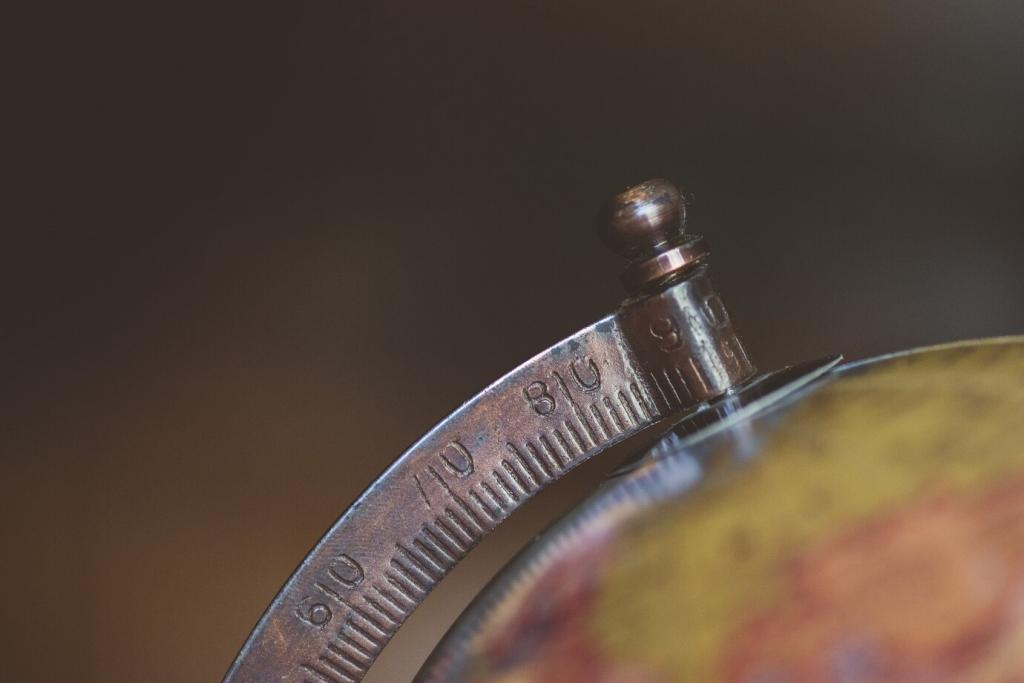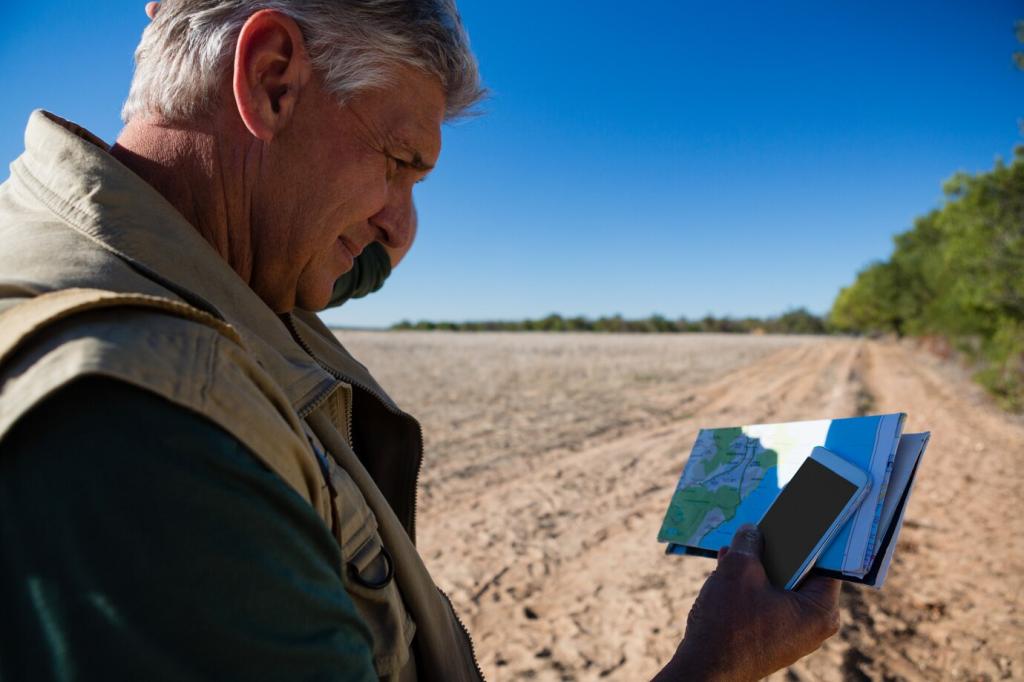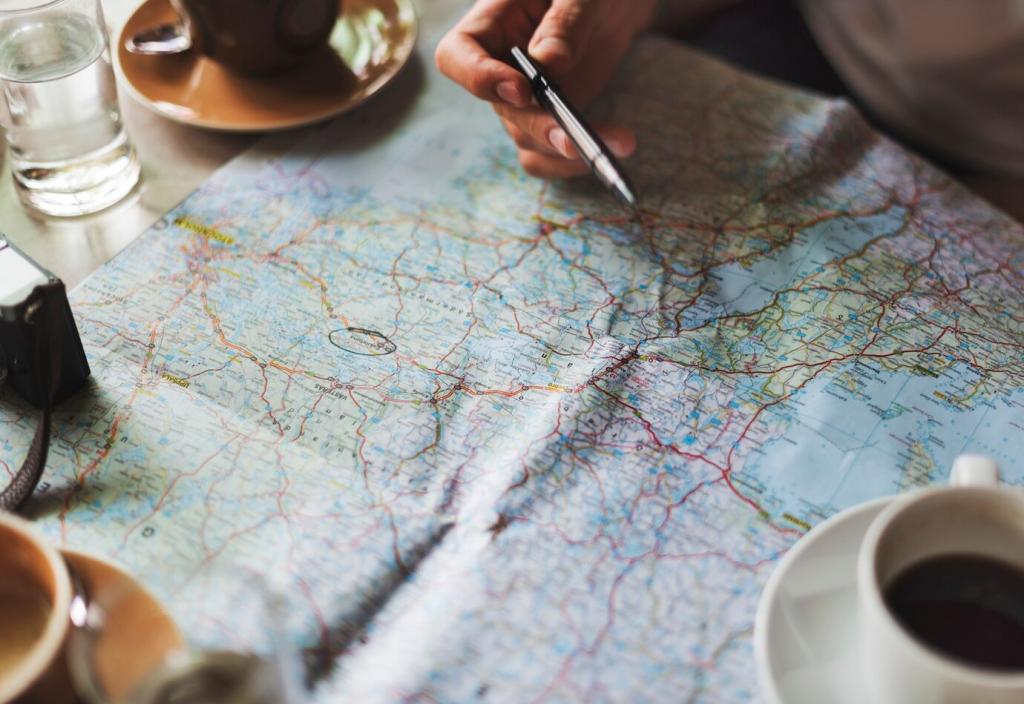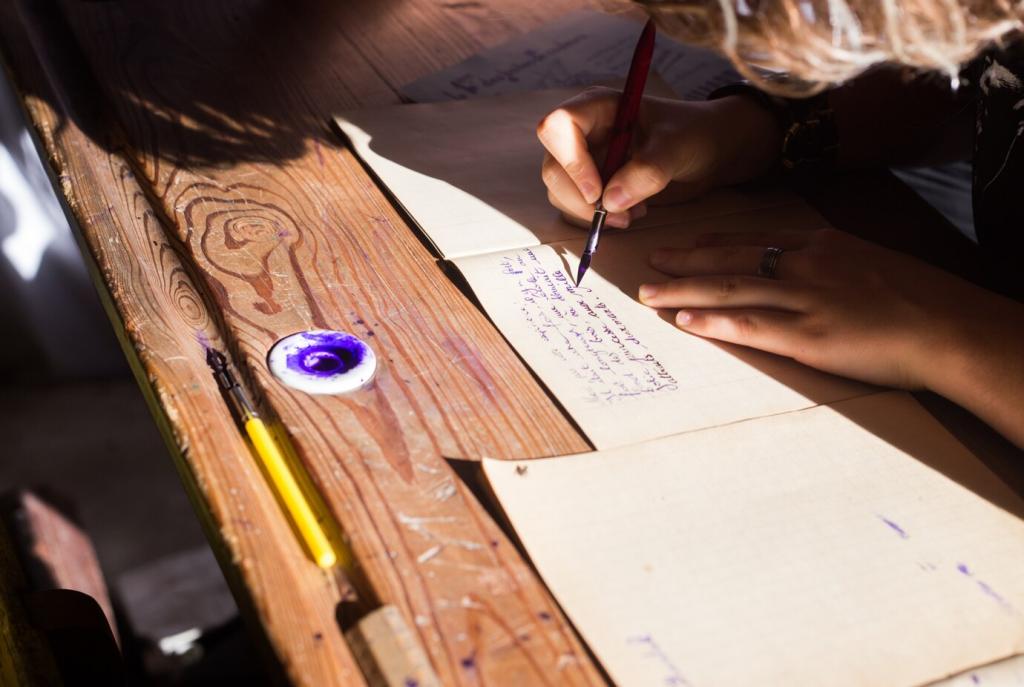Origins and Meanings of Celebrations
From Diwali’s lights pushing back darkness to Nowruz marking spring’s renewal, festivals encode survival, gratitude, and renewal. Oral histories whisper through lanterns, bonfires, and songs, reminding us that celebration is not decoration—it is a map of meaning carried through generations.
Origins and Meanings of Celebrations
A cherry blossom in Hanami signals life’s brevity; a Carnival mask invites playful reinvention; a braided challah echoes continuity. These symbols transcend language, offering shared entry points for newcomers while anchoring elders in the comfort of familiar, time-tested patterns.

